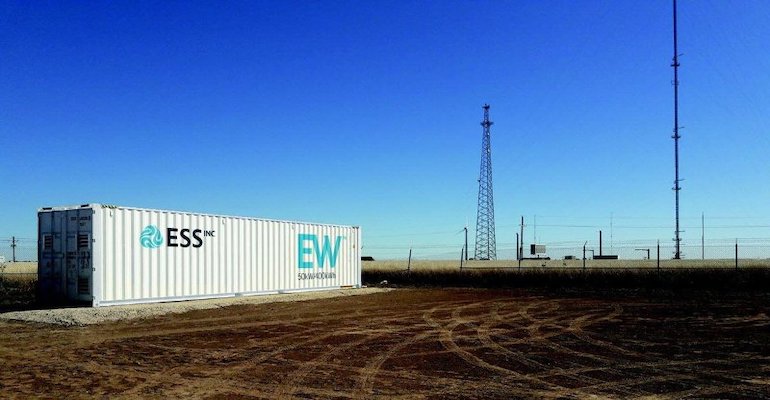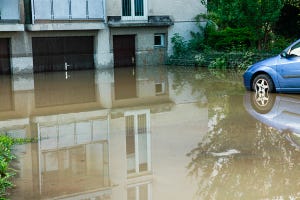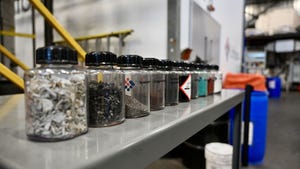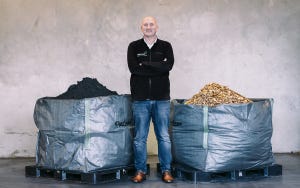A solar energy farm in Spain will be supported with an iron flow battery system from the US.
October 13, 2021

Grid-scale storage of renewable energy will be one of the keys to reducing greenhouse gas (GHG) emissions by moving away from fossil fuels. Although lithium-ion battery systems have shown promise for such applications, the technology is relatively expensive and also uses raw materials that might be better used in the electrification of the transportation system.
One less expensive way to store electricity produced by renewables like wind and solar is by using flow batteries. This technology uses a liquid electrolyte that stores energy in external tanks and that is pumped through electrodes to remove the electrons providing electricity. The flow battery stores electrical energy by pumping the spent electrolyte back through the electrodes and returning it to the storage tank.
Storing energy in a flow battery can be done with a number of oxidation and reduction electrochemical reactions using several different materials. One of the least expensive is the all-iron flow batteries that use electrolytes made up of earth-abundant iron salts in ionized form to store electrical energy in the form of chemical energy. All-iron flow batteries last at least 15 years have a storage capacity cost that ranges from $250-400 per kilowatt-hour (kWh).
ESS Tech, Inc., a manufacturer of long-duration iron flow batteries for commercial and utility-scale energy storage applications, has announced that it has closed an order with Enel Green Power España to deliver 17 ESS Energy Warehouse iron flow battery systems. These long-duration batteries will be used to support a solar farm in Spain providing resilience for the local power grid. With a combined capacity of 8.5 MWh, the ESS systems will be among the largest battery storage resources in Spain.
According to a data sheet from ESS, its Energy Warehouse systems includes the following high points:
ESS will soon have flow battery systems installed on three continents, North America, South America, and Europe
Cost-effective and made of Earth’s basic elements
Environmentally safe, non-toxic electrolyte – no risk to environment or personnel
Non-flammable– non-explosive– no hazardous materials
Long-duration storage (4 –12 hours)
Optional power configurations between 50 kW and 90 kW
No cooling/air conditioning requirement
Long life, >20,000 cycles, low maintenance
Shipped in dry state and hydrate onsite – reducing shipping costs
Fast and easy permitting – no hidden liabilities or hazmat compliance plan requirement
“We are 100% committed to energy storage as an essential complement to our expanding portfolio of renewable energy projects,” said Pasquale Salza, Head of Long-Duration Storage and Hybrid Systems for Enel Green Power in the ESS news release. “With this project, we’re going to assess and validate the ESS flow batteries, which we selected due to their right combination of long-duration capacity, long-life performance, environmental sustainability, and safe operation.”
Kevin Clemens is a Senior Editor with Battery Technology.
About the Author(s)
You May Also Like





